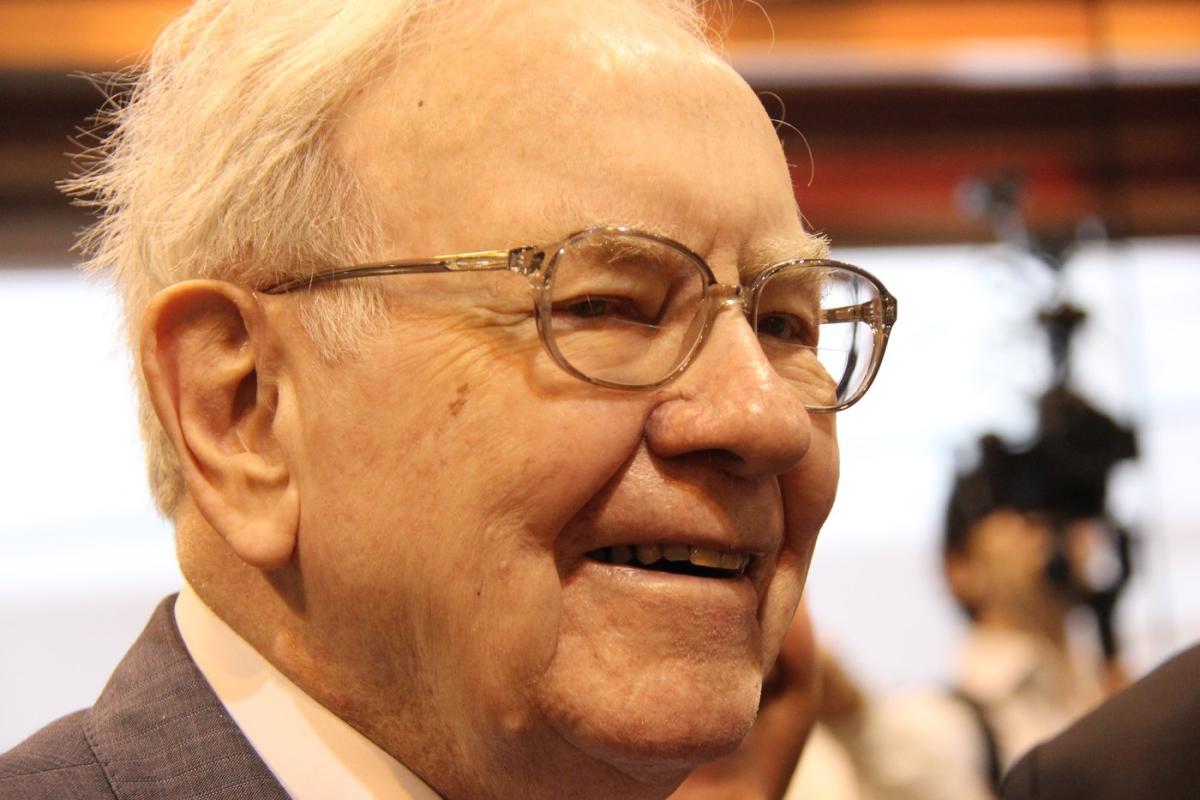(Bloomberg) — Britain’s next government will face a new surge in economic woes in its first months in office as voters feel the pressure of rising unemployment.
Most read from Bloomberg
After a decline in recent months thanks to cooling inflation, the Misery Index – created in the 1970s to map the combined impact of unemployment and inflation – is set to deteriorate again in Britain over the next 18 months. This time, not having a job will probably be the biggest pain point.
“We still have quite strong underlying wage inflation, unemployment will have to rise to restore balance.” Andreas Oswald, a professor of economics and behavioral sciences at the University of Warwick said in an interview. “That will be much more painful than inflation.”
The trend suggests that the next prime minister will struggle to make Britons feel more optimistic about their economic prosperity. Opinion polls predict voters will elect Keir Starmer’s Labor Party into government on July 4, ending 14 years of a Tory government that oversaw the worst cost-of-living crisis in decades.
Since Prime Minister Rishi Sunak took office in October 2022, the misery index has averaged around 11, higher than under any Tony Blair government apart from Liz Truss’s brief but damaging spell as Prime Minister. Now that inflation has retreated from double digits to the 2% target and workers are seeing real incomes grow again, the gauge has fallen to around 6.
It is now forecast to rise to 7.5 on average in the first 18 months after the new government takes office, according to a Bloomberg analysis of Office for National Statistics data and Bank of England forecasts.
Unemployment is expected to account for almost 70% of the score, the highest since David Cameron’s government, which steered the economy through the aftermath of the 2008 global financial crisis. The BOE predicts that unemployment will gradually rise from about 4% to 5.5% by the end of 2025, the highest level since 2015.
“If you told people ten to fifteen years ago that unemployment will be 5%, they would have said this is a great result, but now we are talking about unemployment rising from a much lower point ”, said Hetal. Mehta, head of economic research at St. James’s Place. “It will be a difficult message for any new government to handle.”
As the British economy has suffered from sluggish growth, low productivity and high interest rates, wages have risen at three times the rate of inflation and companies have hoarded workers in the hope that easing borrowing costs would eventually boost demand.
That hope has yet to become reality. BOE Governor Andrew Bailey and his colleagues voted Thursday to leave rates unchanged at 5.25%.
BOE policymaker Megan Greene warned earlier this year that unemployment could rise further than forecast if cash-strapped companies start cutting back on hiring. The labor market has begun to loosen in recent months, with job vacancies falling and unemployment rising to its highest level in two years.
Unemployment is only part of the story. About 800,000 people dropped out during the coronavirus crisis, mainly due to long-term illness, and many have not returned. Nearly a quarter of the UK workforce is economically inactive, the highest number since 2015, while long-term absenteeism rose again in April to a new record of 2.83 million.
“We had an increase in the employment rate and an increase in the participation rate over the last decade, and that has gone in the opposite direction over the last four years,” said Gregory Thwaites, research director at the Resolution Foundation. “Solving that is the biggest challenge the government faces in the labor market.”
A drop in the number of people in jobs could do particularly serious damage to the national mood. A 2001 study by Oswald and his colleagues found that jobs are almost twice as important to happiness as low inflation. By tracking the overall well-being levels of more than 250,000 participants from the US and Europe, researchers found that a one-point increase in unemployment had the same effect as a two-point increase in inflation.
According to Oswald, the index could also underestimate the real misery because it does not take into account the consequences of leaving the labor market. According to official data, mental health problems such as depression or anxiety are among the top health problems cited by those who have left the labor market.
“If you lost your job, it would hurt a lot psychologically, and some of that would be due to the drop in income,” Oswald said. “But most of the effect comes from non-financial issues such as loss of identity, loss of self-esteem and general decline in status in the eyes of society.”
In a bid to improve the way families think about their finances, Labor – campaigning on the message of ‘change’ – has pledged to usher in a ‘New Deal for Working People’ in its first 100 days in office, which would include setting the minimum. wage increases in relation to the cost of living. The Conservatives, who increased the minimum wage by 9.8% in April, are promising to increase it further and cut national insurance.
“If the economy grows below trend, it will put pressure on unemployment,” Mehta said. “I don’t think we have the fiscal power to stimulate growth through a major public investment program unless that is accompanied by very targeted tax increases, which may be difficult.”
Most read from Bloomberg Businessweek
©2024 BloombergLP







